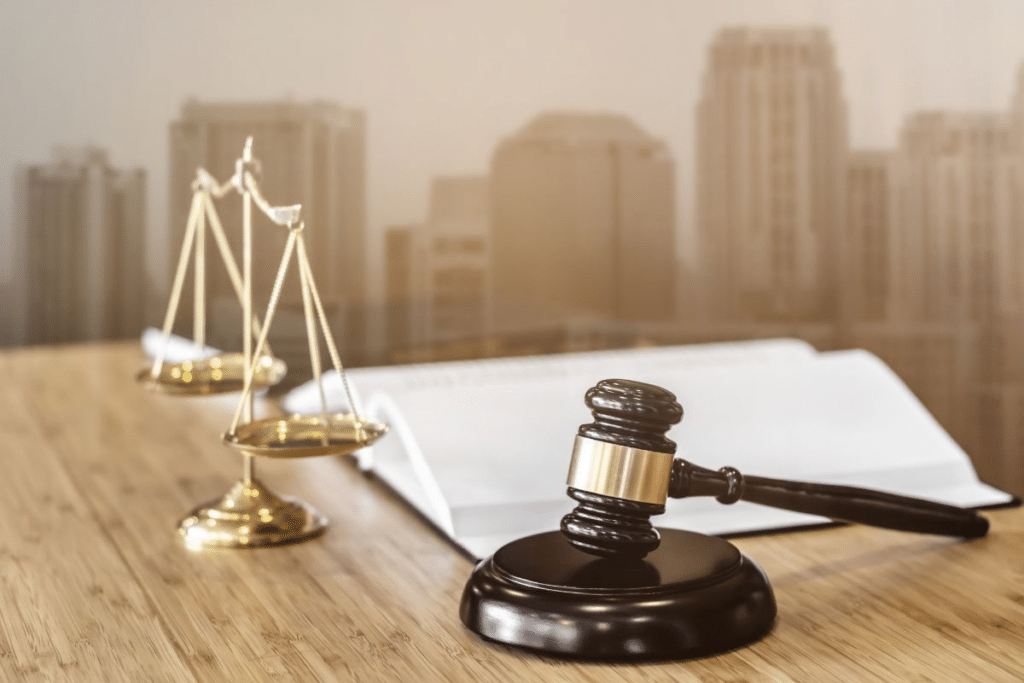Legal considerations in commercial leasing

In an increasingly complex commercial landscape, understanding the legal foundations of commercial leasing is crucial for businesses and landlords alike. This blog post delves into the essential legal considerations that every party involved in commercial leasing should be aware of to ensure a smooth and legally compliant transaction.
From the importance of a detailed lease agreement to navigating zoning laws and understanding the implications of breach of contract, we cover vital points that can protect your interests and prevent unforeseen legal complications.
Understanding the Lease Agreement
At the heart of any commercial leasing transaction is the lease agreement. This document outlines the rights and responsibilities of both the landlord and the tenant. Drafting a comprehensive lease agreement is non-negotiable. It should clearly state terms regarding rent, duration, use of premises, subleasing conditions, and renewal and termination procedures.
Both parties must rigorously review the lease agreement to ensure it aligns with their expectations and legal requirements. Taking the time to understand and negotiate the terms can save both parties from potential disputes in the future.
Legal experts suggest including dispute resolution mechanisms within the lease agreement to streamline the process should disagreements arise.
Zoning Laws and Use of Premises
Zoning laws play a crucial role in commercial leasing, determining how a tenant can use the leased property. Before signing a lease, it's imperative for tenants to verify that the zoning laws of the property's location permit their intended use.
Failure to comply with zoning laws can result in legal ramifications and potentially force a business to cease operations. Landlords should provide clear documentation on the permissible uses of the property to avoid any legal issues.
Modifications or improvements to the property also require careful consideration and usually need to comply with local laws and may require permits.
Security Deposits and Guarantees
Security deposits are standard in commercial leases to protect the landlord against the possibility of unpaid rent or property damage. The legal terms surrounding security deposits, including the amount, holding conditions, and return process, should be explicitly stated in the lease agreement.
Tenants should be aware of their rights regarding security deposits to ensure they are returned in full, assuming they meet the conditions stipulated in the lease. Guarantees may also be required, offering further financial assurance to the landlord.
Both landlords and tenants should understand the legal standards governing these financial arrangements to avoid disputes.
Breach of Contract and Remedies
In the unfortunate event of a breach of contract, it's essential to know the legal remedies at your disposal. Whether a tenant fails to pay rent or a landlord does not provide the promised amenities, understanding the legal steps that can be taken is critical.
Lease agreements should detail the consequences of a breach, including notice periods, opportunities to remedy the breach, and potential financial penalties. Knowing your legal rights and the procedures for addressing a breach can significantly mitigate the impacts on your business.
Accessibility and Compliance
Commercial properties must comply with various laws and regulations, including those related to accessibility for people with disabilities. The Americans with Disabilities Act (ADA) in the United States, for example, sets forth accessibility standards for commercial properties.
Landlords are typically responsible for ensuring that the property meets these standards, but the lease agreement might shift some or all of this responsibility to the tenant. Understanding and negotiating these terms beforehand can prevent legal challenges and additional expenses later on.
Environmental Considerations
Environmental regulations can impact commercial leasing agreements, particularly in industries prone to environmental risks. Tenants and landlords should be aware of any environmental liabilities associated with the property, such as contamination from hazardous materials.
Lease agreements can allocate responsibilities for environmental compliance and remediation. Ensuring that your lease is environmentally compliant not only prevents legal issues but also contributes to sustainable business practices.
Conclusion
Navigating the legal landscape of commercial leasing can be challenging, but with the right knowledge and consideration, landlords and tenants can forge mutually beneficial agreements. Understanding and addressing the legal considerations outlined in this article can safeguard your interests and ensure a smooth leasing experience. Remember, when in doubt, consulting with a legal professional can provide clarity and peace of mind.

Related